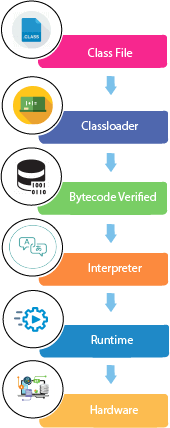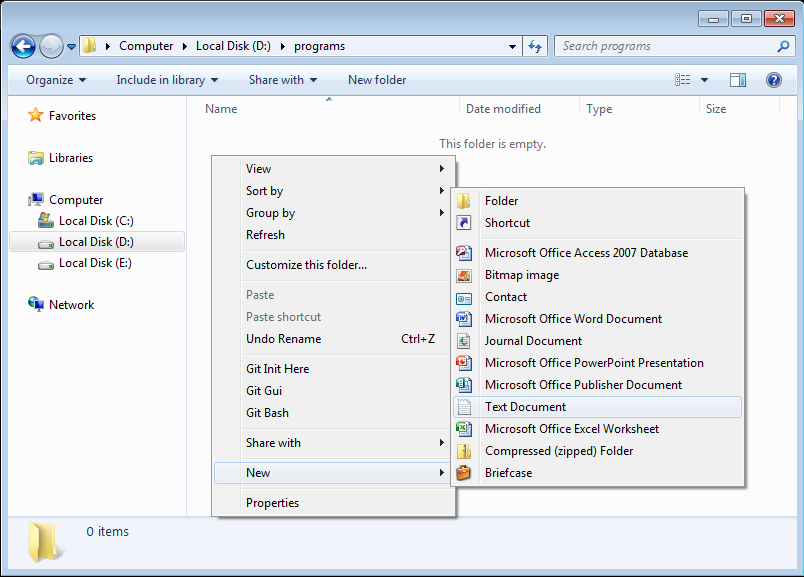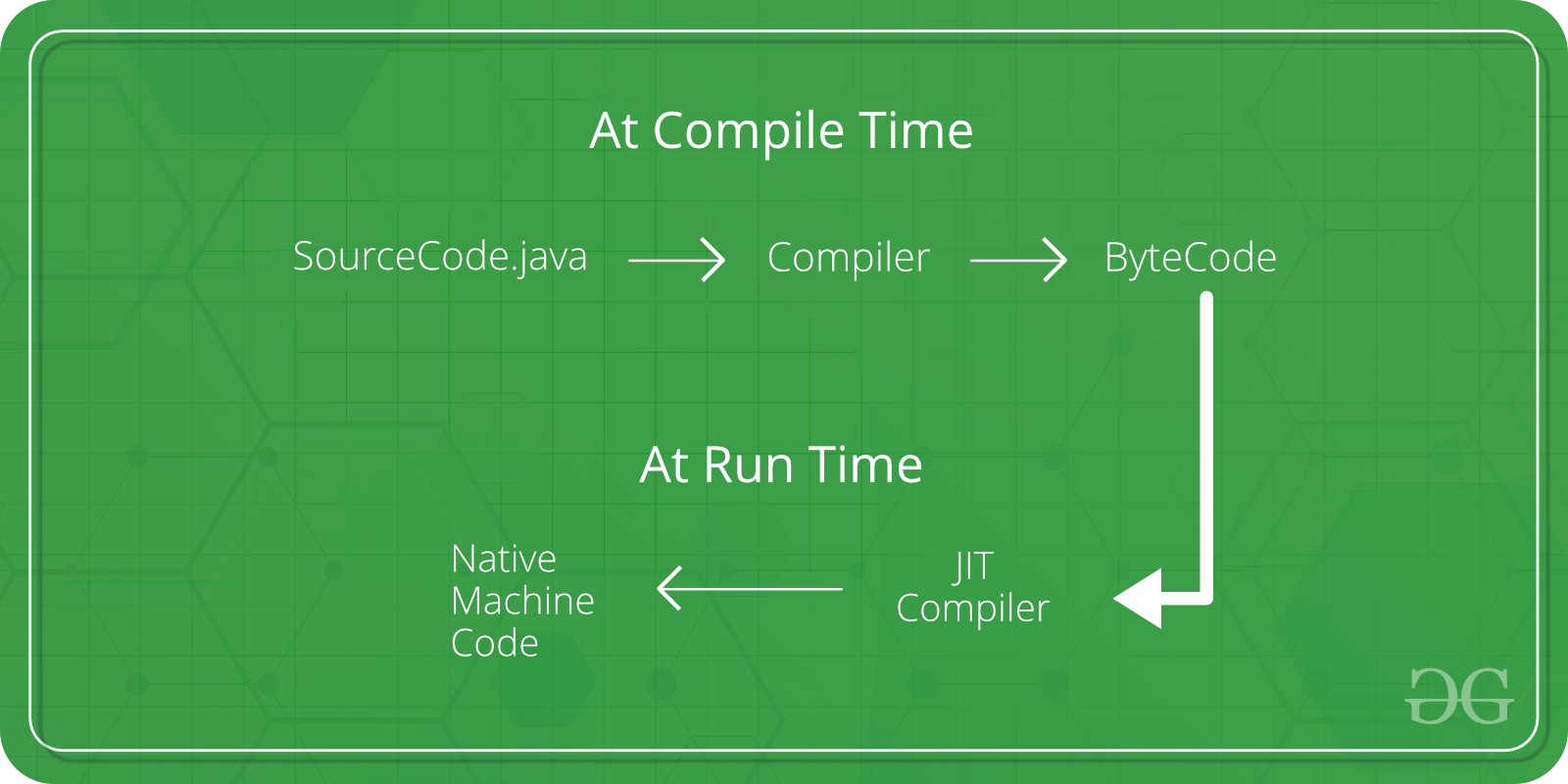

source release Specifies the version of source code accepted. This has the same meaning as -Xlint:none. help Print a synopsis of standard options. Vars Local variable debugging information g: Generate only some kinds of debugging information, specifiedīy a comma separated list of keywords. g:none Do not generate any debugging information.

g Generate all debugging information, including local variables.īy default, only line number and source file information is generated. encoding encoding Set the source file encoding name, such as Shows the names of source files that use or override deprecated deprecation Show a description of each use or override of a deprecated The directory specified by -d is not automatically added to In the same directory as the source file. If -d is not specified, javac puts the class file home/myclasses/com/mypackage/M圜lass.class. For example, if you specify -d /home/myclassesĪnd the class is called 圜lass, Subdirectory reflecting the package name, creating directoriesĪs needed. Is part of a package, javac puts the class file in a Theĭestination directory must already exist javac will not create d directory Set the destination directory for class files. = directories Override the location of endorsed standards path. = directories Override the location of installed extensions. If the -sourcepath option is not specified, the userĬlass path is searched for both source files and class files. If neitherĬLASSPATH or -classpath is specified, the userĬlass path consists of the current directory. Standard Options -classpath classpath Set the user class path, overriding the user class path in Virtual machine and compiler implementations and are subject to change The compiler has a set of standard options that are supported on theĬurrent development environment and will be supported in future releases.Īn additional set of non-standard options are specific to the current Use the -verbose option to trace automatic Note: javac can silently compile source files not mentioned Javac considers a class file out of date only if The class file is out of date, javac recompiles the sourceįile and uses the updated class file.

Search produces a class file but no source file: javac uses the class file.Here is how javac handles each situation: You can specify different bootstrap or extension classes with theĪ successful type search may produce a class file, a source file, orīoth. Otherwise the compiler searches the user class path for both The compiler searches the indicated path for source files The user class path is defined by setting theĬLASSPATH environment variable or by using the -classpath (which by default is the current directory). The compiler searches for class files first in the bootstrap andĮxtension classes, then in the user class path Looks for a source file or class file which defines the type. When the compiler needs type information, it Mentioned in the source file but which provide information throughįor example, when you subclass, you are also This includes classes and interfaces not explicitly Information for every class or interface used, extended, or implemented When compiling a source file, the compiler often needs informationĪbout a type whose definition did not appear in the source files You can specify a separate destination directory with workspace/com/mysoft/mypack/M圜lass.java.īy default, the compiler puts each class file in the same directory as For example, if you keep all your source files in You should arrange source files in a directory tree that reflects their Source file called M圜lass.java and compiled into aīytecode class file called M圜lass.class. ForĮxample, a class called M圜lass would be written in a Source and class files must have root names that identify the class. java suffixes,Ĭlass file names must have. Name on the javac command line, preceded by an code file names must have. For a large number of source files, list the file names inĪ file, separated by blanks or line breaks.For a small number of source files, simply list the file names on the.There are two ways to pass source code file names to javac: The Java programming language, and compiles them into bytecode class The javac tool reads class and interface definitions, written in The -J options are not allowed in these files. Sourcefiles One or more source files to be compiled (such as One or more files that lists options and source files. Javac - Java programming language compiler javac - Java programming language compiler


 0 kommentar(er)
0 kommentar(er)
